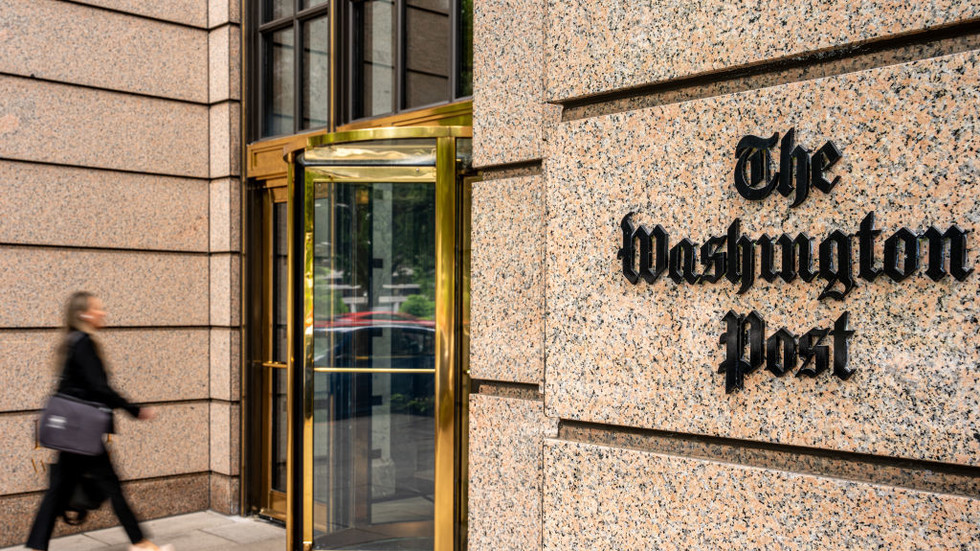The Washington Post has made a controversial decision that marks a significant departure from its long-standing tradition of endorsing Democratic presidential candidates. For nearly five decades, the newspaper consistently supported Democratic candidates, but in a recent announcement, owner Jeff Bezos stated that the Post would refrain from endorsing any presidential candidates going forward. This move has sparked outrage among its predominantly liberal readership, leading to a wave of subscription cancellations—over 200,000—and leaving Vice President Kamala Harris without the Post’s endorsement for the first time in 50 years. The backlash is indicative of the divide between the publication’s leadership and its reader base, many of whom are disheartened by the departure from established norms.
The response to the Post’s decision has substantial implications for its editorial team, with three members of the ten-person board resigning in protest. Moreover, a group of 21 opinion columnists has openly criticized the non-endorsement, referring to it as a “terrible mistake.” They expressed concern about the potential ramifications, particularly in light of a political landscape where one candidate’s agenda threatens not only the freedom of the press but also core Constitutional values. The passionate dissent within the newspaper highlights the ideological rift that has emerged between the leadership’s strategic choices and the views held by many of its journalists.
In a written op-ed, Bezos defended the decision by arguing that presidential endorsements ultimately fail to sway electoral outcomes and foster perceptions of media bias, thereby eroding public trust in journalism. He asserted that by eliminating endorsements, the Post could begin to mend its reputation and reconnect with audiences who may view journalists as less trustworthy than politicians. This candid acknowledgment of the media’s struggle to maintain credibility reflects an awareness of broader challenges facing the industry, particularly the distrust and skepticism that many citizens harbor toward mainstream media outlets.
This move away from endorsements coincides with similar trends seen in other influential newspapers. For instance, the Los Angeles Times and USA Today have also opted out of presidential endorsements, which suggests a shifting paradigm in how major media outlets engage with electoral politics. The LA Times, which endorsed Democratic candidates since 2008, is part of a broader movement that observes the once standard practice of candidate endorsements being reevaluated against current societal sentiments and media accountability. Such decisions are likely driven by the perception that endorsements may no longer resonate with the changing dynamics of political discourse in America.
Despite the Post’s withdrawal from presidential endorsements, the political landscape remains polarized, with various outlets continuing to provide their support for the candidates. For instance, while the New York Times and several other publications have endorsed Harris, the New York Post and similar entities maintain their support for Trump. This dichotomy within media endorsements underscores a contentious environment where partisan loyalties and journalistic principles clash, complicating the relationship between media organizations and their audiences.
The fallout from the Washington Post’s decision underscores significant challenges facing legacy media as they navigate the contemporary political climate. The departure from their endorsement tradition reflects not just a response to internal pressures and criticisms but also an attempt to adapt to evolving public perceptions about the media’s role in shaping political discourse. As subscriber cancellations continue, the newspaper’s leadership may need to reconsider its approach to maintain both credibility and their audience in a rapidly shifting landscape. The consequences of these decisions are profound, suggesting that the future of political endorsements in journalism may be at a critical juncture, one that demands reflection on the intersections of media responsibility, public trust, and democratic engagement.

